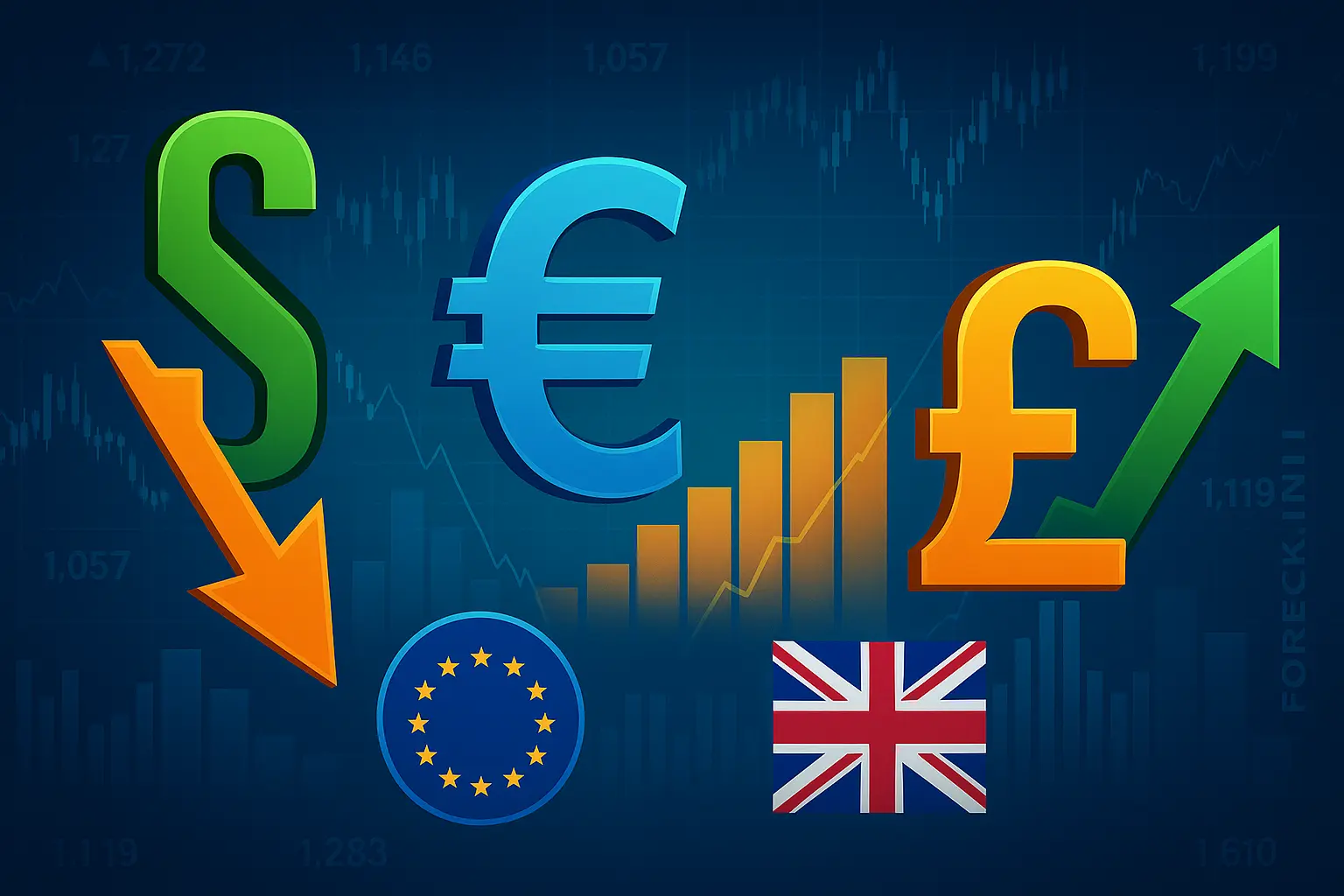Geopolitical Risks: U.S. and Middle East
Market participants are assessing the likelihood of U.S. military involvement in the Iran-Israel conflict, as diplomatic efforts stall and Israeli Prime Minister Benjamin Netanyahu accuses Tehran of not only developing nuclear weapons, but also planning to supply them to regional allies. President Donald Trump has reportedly postponed any intervention decision for two weeks to allow room for negotiations, which adds to short-term market volatility.
Eurozone: Euro Extends Gains on ECB Outlook
The euro is strengthening against the yen, dollar, and pound, benefiting from a reduction in fears of U.S. intervention in the Middle East and support from the ECB’s Financial Stability Report. ECB Vice President Luis de Guindos highlighted regional resilience but warned that export tariffs could hamper growth if no consensus is reached with Washington. Other ECB officials, including Isabel Schnabel and Gediminas Simkus, signaled that the monetary policy cycle is likely over and that a pause could last for up to 18 months, pending further trade talks.
United Kingdom: Pound Rises but Lags Euro
The British pound is advancing against the dollar and yen but slipping versus the euro, weighed down by weak retail sales and subdued risk appetite. The Bank of England maintained its policy rate at 4.25% (backed by six of nine board members), reflecting improved trade terms after a U.S.-UK deal. However, May’s retail sales plunged by 2.7% MoM and 1.2% YoY, the largest drop since 2023, signaling weak consumer demand and challenging the recovery narrative.
Japan: Yen Mixed as Oil Rises and Inflation Accelerates
The yen is weakening against the euro and pound but recovering against the dollar amid rising energy import costs and inflation pressure from surging oil prices. Japan relies on imports for 90% of its energy needs, and May’s core CPI climbed to 3.7% YoY. While the Bank of Japan kept rates steady, persistent external uncertainty and inflation may force policymakers to act, increasing pressure on the currency.
Australia: Aussie Dollar Rebounds Versus USD, Yen
The Australian dollar is bouncing back against the dollar and yen but remains weak relative to the euro and pound. The rebound comes after May jobs data showed a steady 4.1% jobless rate despite a slight drop in employment. With hours worked rising 1.3% and unemployment falling by 3,000, the labor market appears stable, supporting forecasts for a 25-basis-point RBA rate cut to 3.60% at the July 8 meeting.
Oil: Volatility on Middle East Diplomacy
Oil prices are testing the $76.00 level amid heightened Middle East tensions. Today’s planned nuclear talks between Iran and European foreign ministries are clouded by new security threats; an Iranian official voiced fears of a possible assassination attempt by Israel. Tehran insists it will negotiate only if attacks on the republic cease. Meanwhile, Trump’s decision to delay any intervention for two weeks has helped reduce oil price volatility in the short term.

